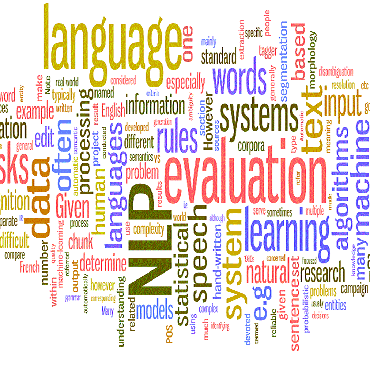Traditional linguistic theories have largely regard language as a formal system composed of rigid rules. However, their failures in processing real language, the recent successes in statistical natural language processing, and the findings of many psychological experiments have suggested that language may be more a probabilistic system than a formal system, and thus cannot be faithfully modeled with the either/or rules of formal linguistic theory. The present study, based on authentic language data, confirmed that those important linguistic issues, such as linguistic universal, diachronic drift, and language variations can be translated into probability and frequency patterns in parole. These findings suggest that human language may well be probabilistic systems by nature, and that statistical may well make inherent properties of human languages.
翻译:传统语言理论在很大程度上将语言视为由僵硬规则构成的正式体系,然而,他们在处理实际语言方面的失败、统计自然语言处理方面的最近成功以及许多心理实验的结果都表明,语言可能比正式体系更是一种概率系统,因此无法忠实地以正式语言理论中的任何一种/或规则为模范。 本研究报告以真实语言数据为基础,确认语言普遍、异时流和语言变异等重要语言问题可以转化为假释的概率和频率模式。 这些研究结果表明,人类语言在性质上很可能是概率系统,统计很可能成为人类语言的固有特性。




